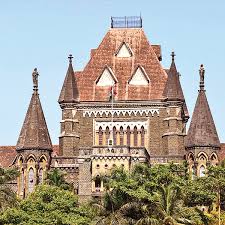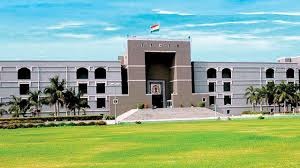By Staff Reporter
The Bombay High Court recently addressed critical issues surrounding Airbnb operations in housing societies, delivering judgments that impact property owners and cooperative housing societies alike. These cases highlight the delicate balance between individual rights and collective decision-making within cooperative societies.
Dispute Over Airbnb Activities: Mahesh K Mehta vs Bharatiya Friend’s Co-operative Housing Society Ltd.
In a judgment dated 20 December 2024, Justice Sharmila Deshmukh addressed a dispute under Section 91 of the Maharashtra Co-operative Societies Act (MCS Act). The petitioner, Mahesh K. Mehta, a member of the Bharatiya Friend’s Co-operative Housing Society, challenged resolutions passed during the society’s annual general meetings prohibiting the use of flats for short-term rentals under schemes like Airbnb and Incredible India Bed and Breakfast.
Key Findings:
- Authority of the General Body:
The Court upheld the General Body’s right to restrict activities deemed contrary to the collective interests of the society, even if such activities are not explicitly prohibited by law or lease agreements. - Requirement for Licensing:
The petitioner’s inability to renew the license for running a bed-and-breakfast establishment further weakened his position. The Court ruled that without a valid license, continuing such activities was unlawful. - Resolutions Bind Members:
The Court clarified that unless a resolution is proven illegal, it remains binding until set aside by a competent forum.
Policy Framework for Short-Term Rentals in Mumbai
The Municipal Corporation of Greater Mumbai (MCGM) is set to regulate short-term rentals (STRs) through its Licensing Policy on Short-Term Rentals, aimed at ensuring compliance with health, safety, and property laws.
Key Provisions:
- Mandatory Licenses:
Property owners must obtain licenses from the BMC to list residential properties on platforms like Airbnb. - No Objection Certificates (NOCs):
A NOC from the housing society and police intimation about guest details are mandatory. - Duration and Penalties:
Licenses will be valid for 10 years, with non-compliance penalties ranging from 50% to 100% of revenue. - Property Tax Adjustments:
Residential properties used for STRs may incur a tax rate between residential and commercial rates.
Conclusion
The Bombay High Court’s rulings and the upcoming BMC regulations emphasize the need for compliance with societal norms and municipal laws for operating STRs. This creates a framework that respects both individual enterprise and collective well-being.




